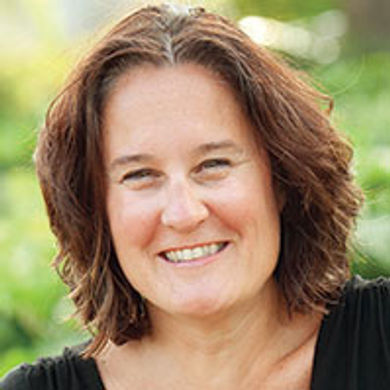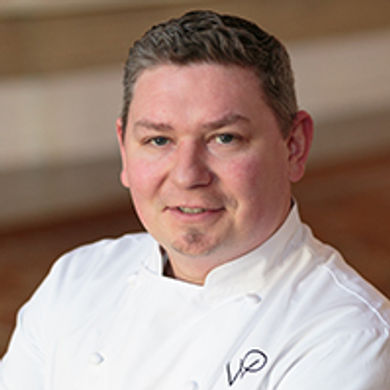As Casey Seidenberg recently wrote in the Washington Post, "A healthy human brain can process information as fast as 268 mph, can make trillions of connections to other cells and can think nearly 60,000 thoughts a day. These thoughts are being generated by the brain's 100 billion neurons. Boy, the brain is busy."
While Seidenberg was focusing on exam time for high-school students, her points are plenty applicable for attendees enduring long meeting days as well. She went on to talk about how brain food really does increase cognitive function.
One item noticeably absent from her roster of brain foods is bread. Can a meeting menu omit bagels, Danish and the like, eliminating the dead carbs that put participants to sleep?

Even the most forward-thinking of food-focused planners has yet to take that plunge. However, "the idea of taking this risk is so important," says Tracy Stuckrath, CSEP, CMM, right, president and chief connecting officer for Thrive! Meetings & Events, who is an expert on planning meals that take into consideration all types of requests, from allergies to religious and personal needs. "I have not personally pushed it yet for my clients, but I've attended a few that have done a better job of it, if not a full-blown effort. I'm not sure it would be a hard push for clients, but getting the hotels to do it for the price that planners have to spend would be hard. Although, if you look at the amount spent on dead carbs and how much is thrown away after the fact, the cost of purchasing the healthier option probably is a better-spent dollar, because you could/should order the amount needed without the excess and get a better quality for the same price."

One way to approach this ideal of attendee meals is to go "vegetable forward," a concept espoused by Wolfgang Puck Catering that puts plant-based foods at the forefront, takes the protein out of the spotlight and avoids white starches. "People are more self-conscious about how they eat," notes Andrew Swanson, Dallas-based regional chef for Wolfgang Puck, right. "We're not serving as much meat, and we're centering more on vegetables and grains. Whether you're sensitive to gluten or not, we're moving away from that."
While not every group is open to these kinds of changes, Swanson says his team always talks about these options up front as an event plan is formed. "We start there and work back to what the client's needs are," he says. "Every client is a bit different. Some people love it and use it as a selling point for their events. Some people just don't care. But it still comes down to price in the long run."
Wolfgang Puck's chefs are sourcing as sustainably as they can; in Dallas, Swanson is getting vegetables from small enterprises like Eat the Yard, an urban farm started by U.S. Army veterans Steve Smith and James Jeffers, who came back from the Middle East, dug up and planted their front yards and started selling their produce at local farmers markets. Eat the Yard now comprises Smith and Jeffers' holdings in Oak Cliff, Texas, as well as friends' yards, some rooftops and a 17-acre farm in Desoto, Texas. "If we could buy everything from them, we would," says Swanson.